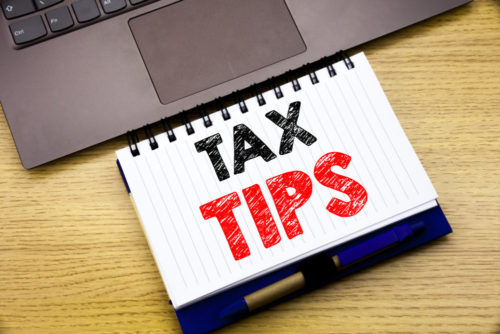7 minute read.
Summary
The appellant was the representative member of a VAT group and appealed against decisions of HMRC that digital versions of The Times, The Sunday Times, The Sun, and The Sun on Sunday could not be zero-rated under Item 2 Group 3 of Schedule 8 Value Added Tax Act 1994 and were, therefore, standard rated for VAT purposes.
Secondly, even if the digital editions of the above titles are not ‘newspapers’, the appellant contended that the principle of fiscal neutrality nevertheless requires zero-rating on the basis that, viewed from the perspective of the customer, they satisfy the same customer needs as conventional printed editions. HMRC argued the digital editions were not similar to the newsprint editions and, in any event, the principle of fiscal neutrality could not be used to expand the borders of zero rating from their 1991 limits.
Read more…










